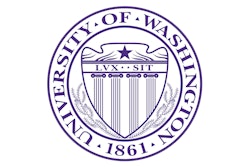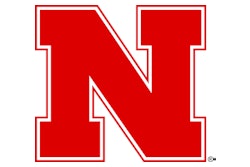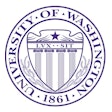Copyright 2018 The Milwaukee Journal Sentinel
All Rights Reserved
The Milwaukee Journal Sentinel
For all the words we columnists burn making arguments, the best ones are often won with a swift verbal punch.
That certainly was the case with America's current bard of basketball, former NBA great Charles Barkley. When asked a couple of years ago whether college athletes should be paid, Barkley didn't cite lengthy studies or statistics. He simply said, "That's crazy."
Sir Charles is right — it is crazy. Yet every year, some infraction by universities, athletes, or agents sends the sports world into convulsions over how much money universities make at the expense of their "unpaid workforce." A recent FBI investigation uncovered more than 25 current and former NCAA basketball players who have allegedly received improper benefits, leading luminaries such as NBA all-star LeBron James to call for players to be paid.
Surely, the NCAA is open to criticism. But college athletics is unique in that the NCAA is blamed when players break its rules. If young men seek payment or benefits outside the rules, we are told, it is the NCAA's fault for not paying them enough to keep them from temptation. Maybe we should pay bank robbers to stop holding up financial institutions.
Players have sued the NCAA, challenging its limits on compensating athletes. If the lawsuit is successful, universities could be forced to provide payment above and beyond what current athletes receive.
Just where that money will come from is unknown. Only about 20 athletic departments in America make money; forcing the others to start issuing paychecks could drive them into debt.
Once compensation is granted, it would have to be equal both by gender and sport. It's not as if the University of Wisconsin could pay its football players but not it's women's hockey players, despite the revenue football brings in. And payment might have to be uniform from school to school, so a small private school such as Marquette would be forced to cut the same-sized checks to its athletes as schools with giant football programs.
The idea that injecting more money into college athletics would reduce corruption is preposterous. Once the money spigot is open, it will only provide more opportunities for universities, agents and boosters to gain an advantage. Even if athletes were paid, schools would still compete against each other for recruits — which means the temptation would always be there for a university to offer high school athletes even more.
If you argue that a college education is, in fact, compensation, people in favor of paying athletes will look at you like you just tried to stuff 20 hard-boiled eggs into your mouth. But Barkley has it right.
"Think about all these people in debt that had to borrow money to go to college," he told a group in 2015. And last week, when asked about NCAA "corruption" in the wake of the most recent scandal, he again referenced the benefit of paid tuition, saying, "I want all them young black kids getting their free education!"
But those changes are out of the hands of the NCAA, which will continue to be vilified as more athletes break its rules in search of fast cash. That is, in one word, "crazy."
Christian Schneider is a Journal Sentinel columnist and blogger.
Read More of Today's AB Headlines
Subscribe to Our Daily E-Newsletter
Terms and Conditions Privacy Policy































